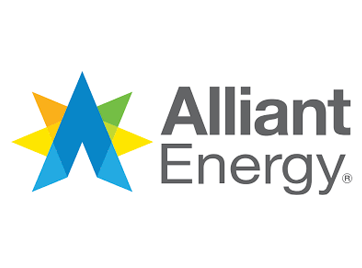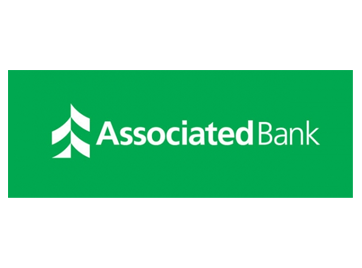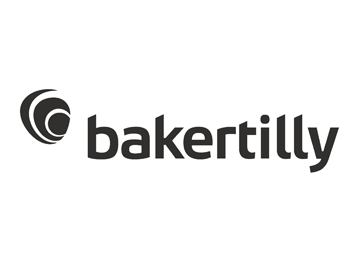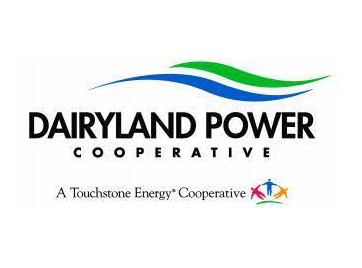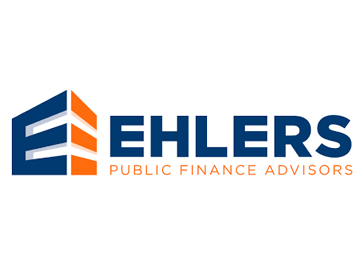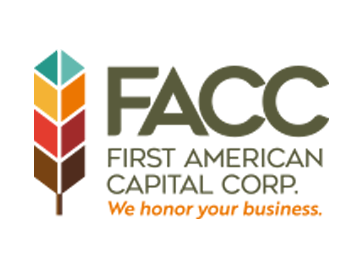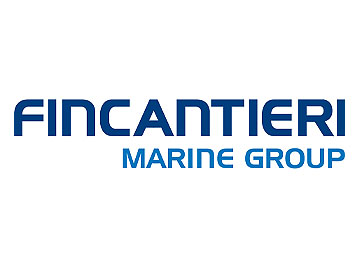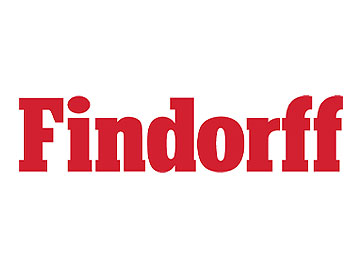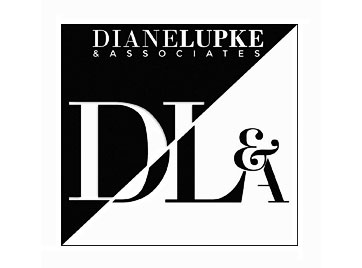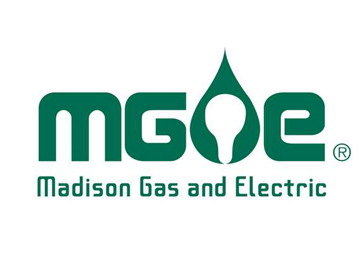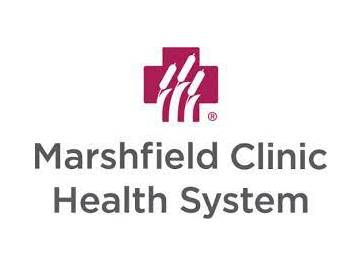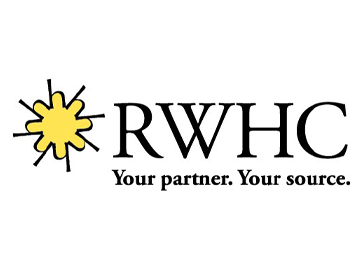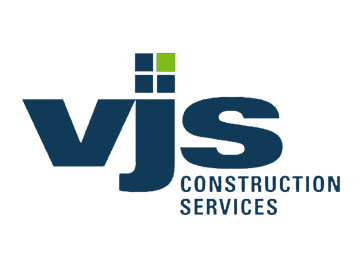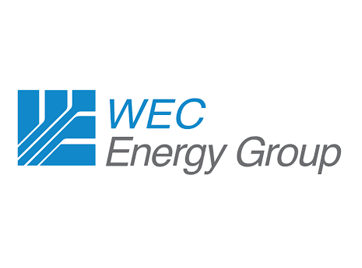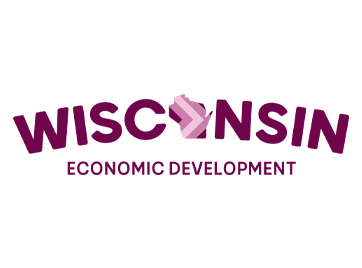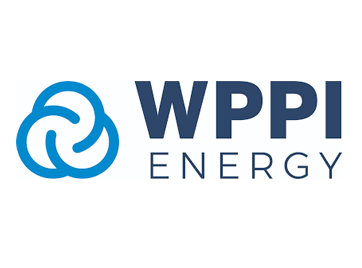Gov. Walker signs historic tax credit, talent attraction bills into law
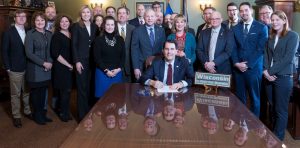 Earlier this month, Gov. Scott Walker put a bow on the 2017-18 legislative session, signing the last large batch of bills the Legislature sent to his desk. Among the final bills signed into law was legislation to restore the historic tax credit (HTC) as a powerful economic development tool and a proposal to inject $6.8 million into WEDC’s Think-Make-Happen talent attraction marketing program.
Earlier this month, Gov. Scott Walker put a bow on the 2017-18 legislative session, signing the last large batch of bills the Legislature sent to his desk. Among the final bills signed into law was legislation to restore the historic tax credit (HTC) as a powerful economic development tool and a proposal to inject $6.8 million into WEDC’s Think-Make-Happen talent attraction marketing program.
The HTC bill (SB 668) preserves the state’s HTC program as a key economic driver in both small and large communities across Wisconsin. The legislation increases the per project/parcel cap on HTC awards to $3.5 million, “fixing” the partial budget veto that would have set the HTC per project cap at $500,000 beginning in July 2018.
In addition to restoring the state HTC program, WEDA also actively engaged in advocacy efforts to preserve the federal HTC program, which was in jeopardy of being eliminated as part of the federal 2017 Tax Cuts and Jobs Act. Fortunately, the federal HTC was saved, but Congress made the following changes to the program in the comprehensive tax reform bill passed late last year:
- Eliminated the credit for qualified rehabilitated buildings constructed prior to 1936.
- Requires the federal HTC credit for certified historic buildings to be paid out over five years, rather than in one lump sum when the project is placed in service.
The changes to the federal HTC also impacted Wisconsin’s program. Since Wisconsin’s HTC program acts as a supplement to the federal historic tax credits, the Tax Cuts and Jobs Act modifications also apply to Wisconsin’s credits. As a result, the state credit for pre-1936 buildings is effectively eliminated and state credits for certified historic buildings must now be claimed over a five-year period.
Gov. Walker also signed another critical economic development-related bill into law – AB 811. The legislation will provide new funding to build off the WEDC’s Think-Make-Happen talent attraction platform, expanding its reach and focusing on key populations that are more likely to relocate to Wisconsin – including millennials from neighboring states and Wisconsin alumni. It will also allow for greater collaboration and resource sharing among state agencies, which should result in a more consistent and effective message that is needed to help attract skilled employees to Wisconsin. The $6.8 million investment in the program should serve as a key component to the state’s overall efforts to address the workforce shortage crisis.


